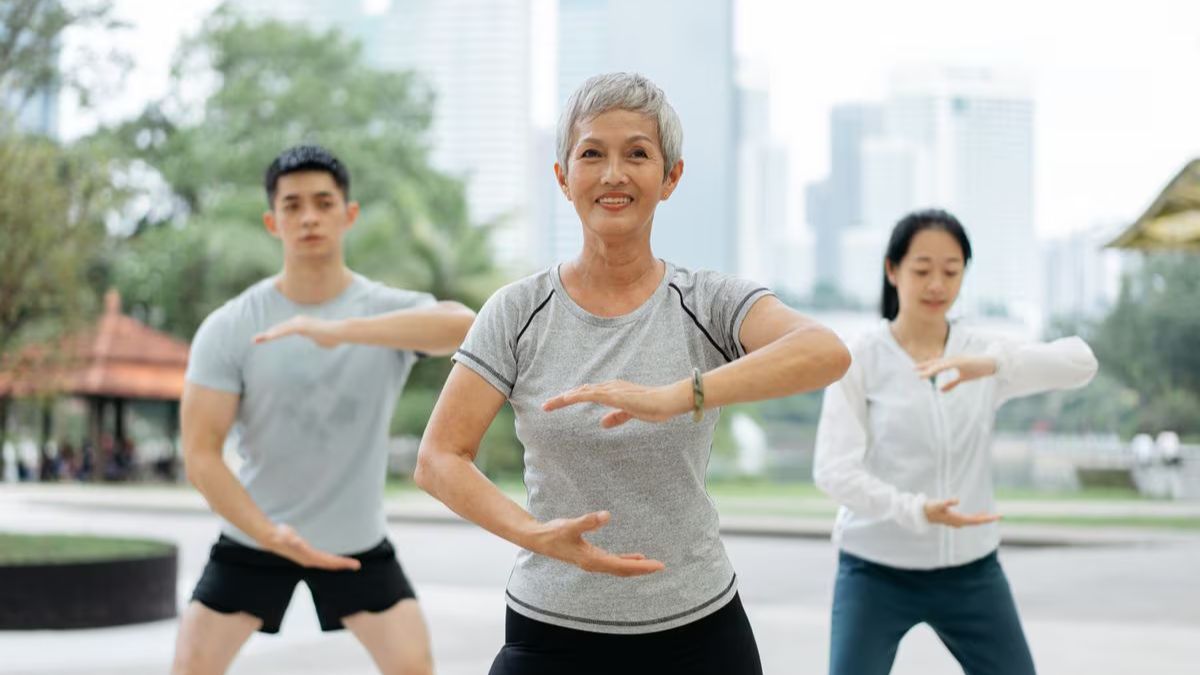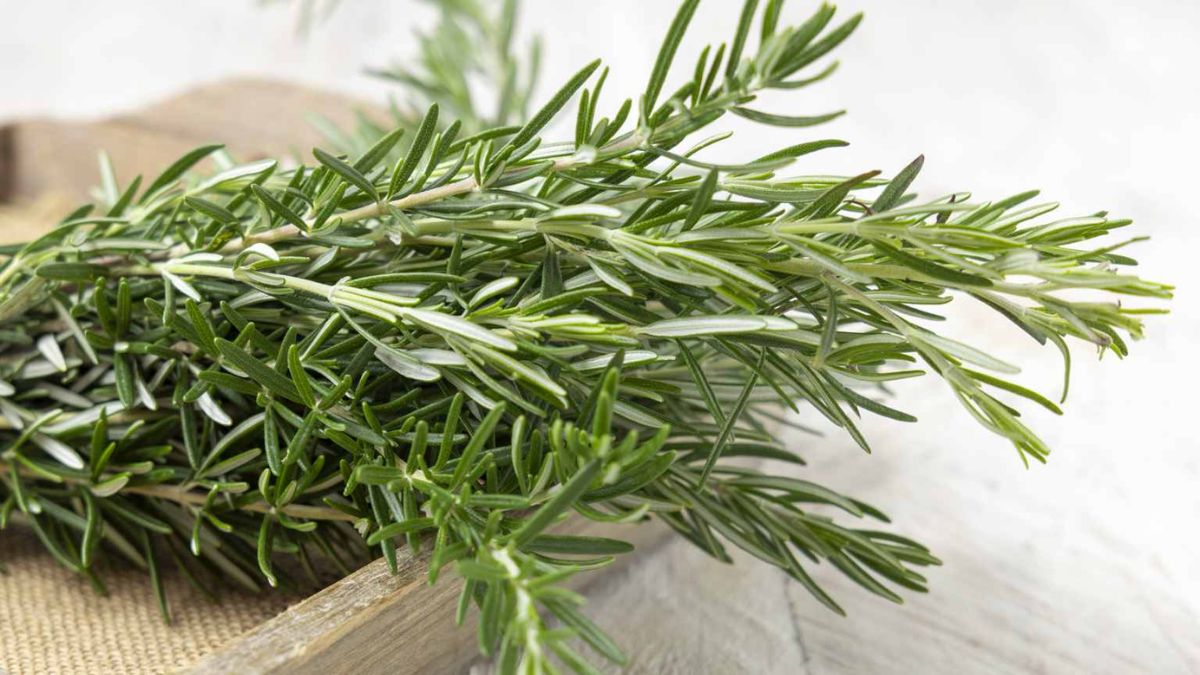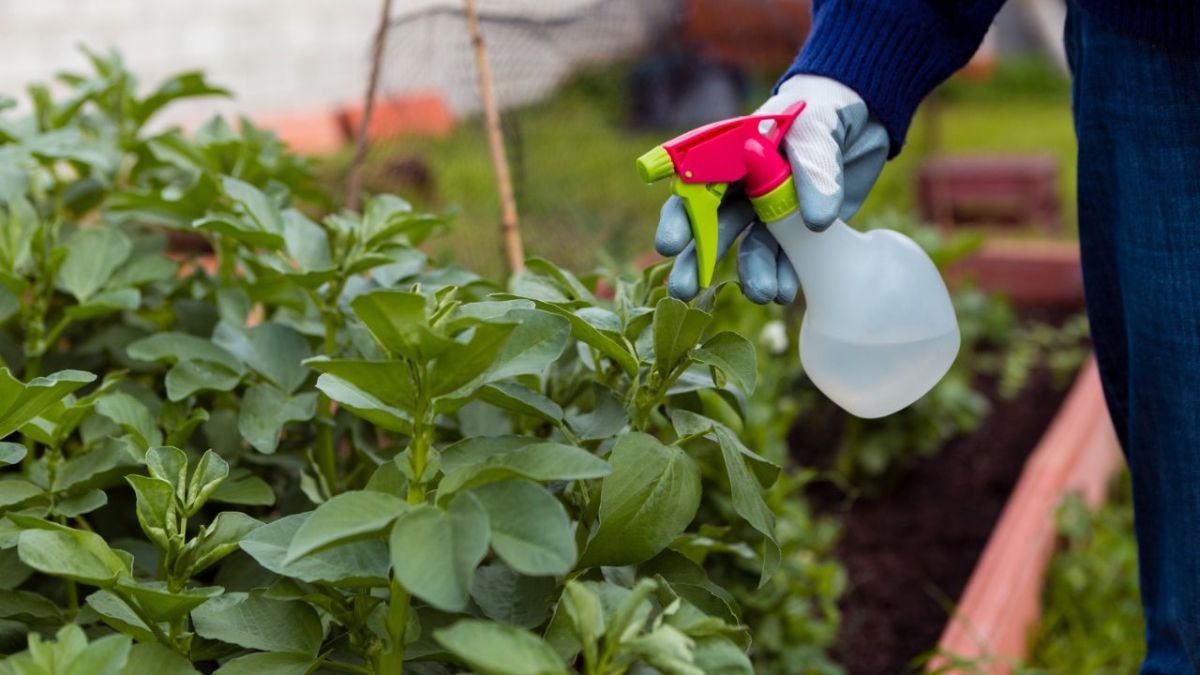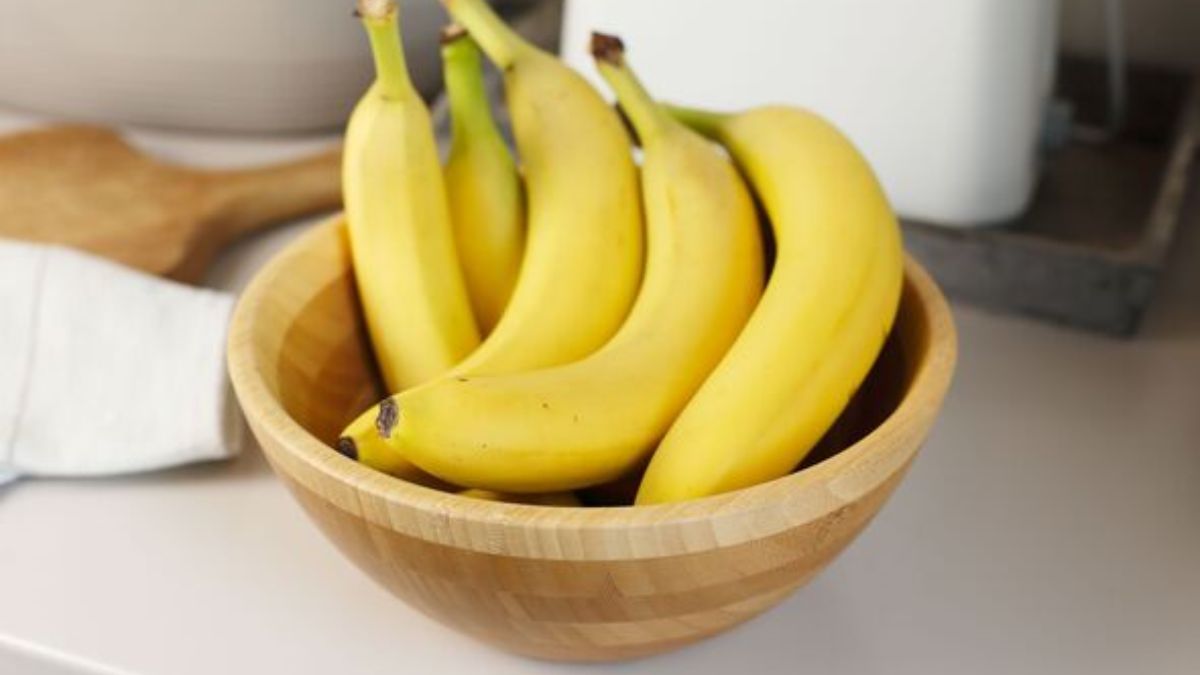We’re often told that staying active after 60 means walking more, lifting light weights, or doing cardio—but what if the key to feeling more energized, sleeping better, and thinking more clearly came from something totally different?
Table of Contents
According to researchers at Harvard Medical School, gentle martial arts like Tai Chi and Aikido might be one of the best things older adults can do for their body and brain. Not only are these practices low-impact, they’re also surprisingly effective at improving strength, balance, and mental clarity—all without breaking a sweat.
Movement
Most people think martial arts means fighting or hard-hitting workouts. But many traditional styles are rooted in balance, slow movement, and self-control, not physical force. That’s exactly what makes them perfect for older adults.
Martial arts like Tai Chi, Wing Chun, Aikido, and gentle Jiu Jitsu focus on fluid motion, posture, and breath control. They’re designed to protect your joints while training your muscles and sharpening your reflexes.
Read Also- Amazing Lost World Emerges – Prehistoric Life Hidden Beneath Antarctic Depths Revealed
So instead of forcing your body through tough routines, these practices help it move naturally and efficiently—something that becomes more important as we age.
Benefits
Martial arts can be surprisingly gentle while offering deep benefits. Here’s what many older adults experience when they practice regularly:
- Increased flexibility without pain
- Better balance and posture
- Lower risk of falls
- A calmer mind and improved focus
- Deeper, more restful sleep
- A sense of confidence and control
Unlike some workouts that can feel boring or repetitive, martial arts keep both the body and brain engaged.
Styles
Let’s take a closer look at which martial arts work well for older beginners—and what they offer:
| Martial Art | Best For | What It Improves |
|---|---|---|
| Tai Chi | Joint pain, anxiety, balance | Flexibility, focus, calm |
| Aikido | Mobility, gentle defense | Coordination, smooth movement |
| Wing Chun | Strength without strain | Reflexes, balance, awareness |
| Gentle Jiu Jitsu | Confidence, fall prevention | Body control, safety mindset |
Each of these styles puts technique over power, making them safer and more rewarding than high-impact exercise. You won’t be doing flips or sparring—just focused movement that trains your body to move with awareness and purpose.
Brain
Martial arts aren’t just physical. They’re one of the best ways to work your brain, especially after 60.
Read Also- NASA Update – Look into Origin of Radioactive Traces on Mars and Rules Out Nuclear Explosions
Why? Because they involve learning new sequences, focusing on breath and posture, and reacting to changing situations. This type of activity strengthens memory, boosts concentration, and improves mental agility.
Dr. Peter M. Wayne, a Harvard researcher, found that Tai Chi in particular helps regulate the body’s internal systems. That means better balance, sharper reflexes, and quicker recovery from physical stress.
There’s also a powerful social element. Group classes provide connection, shared goals, and a supportive community—something many seniors deeply appreciate.
Caution
Before jumping into any new activity, especially after 60, it’s a good idea to talk with your doctor. And when choosing a martial arts class, look for one designed for beginners or older adults.
A good instructor will focus on safety, form, and gradual progress—not speed or performance. Many studios offer senior-friendly sessions where the pace is slower, and each person can move at their own comfort level.
And no, you don’t need to be flexible or fit to start. That’s exactly what the practice is there to help you improve.
Lifestyle
At its core, martial arts isn’t just about movement—it’s about building a mindset of calm strength, self-respect, and resilience. It teaches you how to move through life with more awareness, more control, and more peace.
Many people in their 60s, 70s, and even 80s who take up martial arts report feeling younger, more focused, and more connected to themselves. For them, every class is a mix of physical health, mental clarity, and emotional balance.
No matter your age, it’s never too late to try something new. And when it comes to aging well, martial arts may be the most unexpected—and most effective—tool in the toolbox.
FAQs
Is martial arts safe for seniors?
Yes, especially low-impact styles like Tai Chi and Aikido.
Which martial art is best after 60?
Tai Chi is highly recommended for balance and joint health.
Can martial arts help with sleep?
Yes, the calming routines often improve sleep quality.
Do I need to be fit to start?
No, most classes are beginner-friendly and build strength slowly.
Is martial arts good for mental health?
Absolutely, it improves focus, reduces stress, and boosts mood.

















